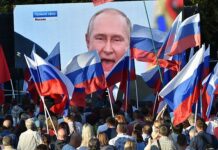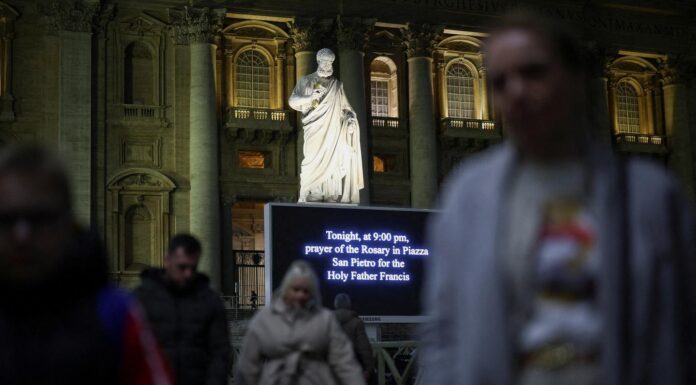Enhancing European defense capabilities and bolstering military support for Ukraine are now priorities for the EU’s executive branch.
Since Russia’s invasion of Ukraine in February 2022, the EU has provided significant financial, humanitarian, and military aid, accounting for more than half of all international assistance to Ukraine. EU military support has reached 49.3 billion euros, with member states, excluding Hungary, agreeing to continue supplying arms. Some, like France and the UK, are considering sending troops to Ukraine after a potential peace agreement, though this remains a contentious issue.
Devoid of a unified military force, the EU relies on NATO for defense, with 23 EU members also part of the Alliance. However, US military spending accounts for two-thirds of total defence spending by other Nato countries.
Amid mounting fears that America might reduce its involvement, the EU approved the “ReArm Europe” plan in March, aiming to mobilize 800 billion euros for defence by 2030.
European defence ambitions are expected to take time to materialize, and in the meantime, many experts argue that supporting Ukraine is crucial for Europe’s security. Ukrainian soldiers, like Arthur, a deputy-commander in the 38th Brigade, stress that the conflict is not only about Ukraine’s freedom but about the security of Europe as a whole. Arthur warns that freezing the conflict, in case of a truce, would not solve the territorial issue and could lead to further Russian territorial demands, jeopardizing Europe’s stability.
Maksym, a Ukrainian civil-cooperation officer, echoes this, emphasizing that yielding to Russia’s territorial demands would only leave Ukraine vulnerable to further invasion of the country. Several European leaders share the concern that Russia’s ambitions extend beyond Ukraine.
The outcome of the war will be crucial for Europe. But can the EU, excluded from the ongoing truth talks by Washington and Moscow, have any say in it?
The best course of action for the EU, says Steven Everts, director of the EU Institute for Security Studies, is therefore to continue supporting Ukraine and prevent any agreements that would undermine Ukraine’s territorial integrity or sovereignty..
Everts also suggests practical steps the EU can take, such as providing better training for Ukrainian forces within Ukraine and enhancing Ukraine’s air defense capabilities to withstand Russian bombardments. As to the idea of sending European troops on the ground, he advises this should not be seen as a peacekeeping mission”. “We are not neutral in this fight, we are on the side of Ukraine”, says Steven Everts. “The way to think about it is how it can shore up the capacity of Ukraine to defend itself.”, he concludes.













